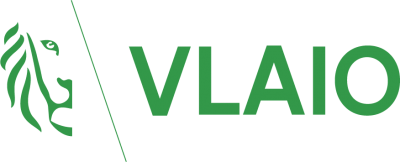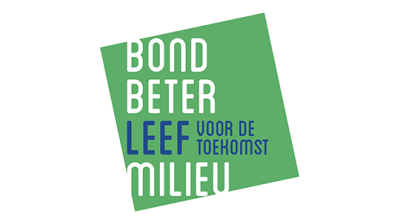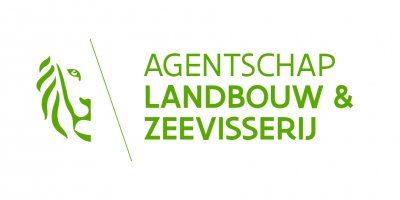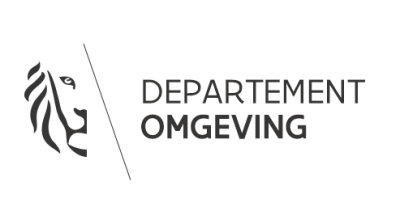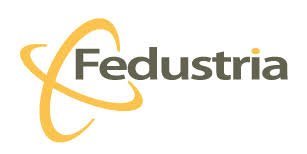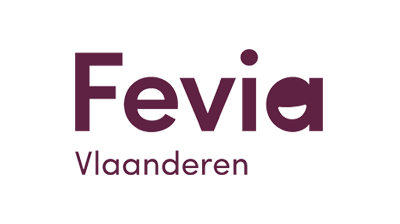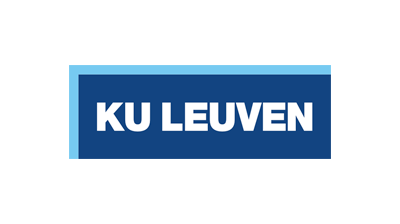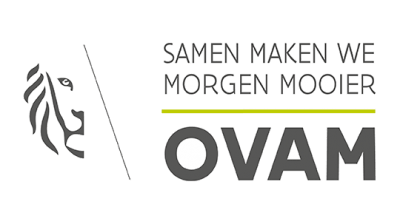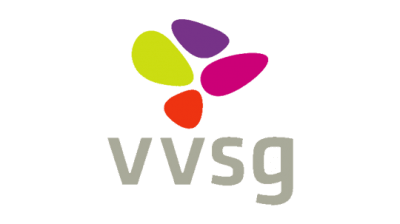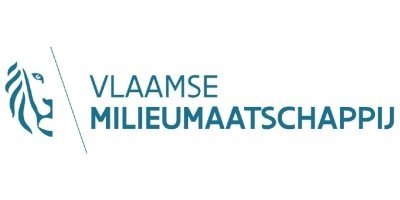The Social Leap of Water
A circular conversion service for rainwater harvesting and greywater recovery in social housing
Older social housing units usually lack (rain)water collection or recovery systems. Even during the renovation of these dwellings, action in this regard is rarely taken, often due to a lack of cost-effectiveness. In total, there are more than 50,000 homes in Flanders affected. This results in the loss of billions of liters of precious water.
With De Sociale Watersprong, BAM interbuild aims to analyze how water in the respective neighborhoods can have a local and profitable second life. We aim for a circular (re)building service where we equip existing social housing units with rainwater collection and greywater recovery systems. Ideally, the investment would be repaid through savings on the water bill.
We have put our ideas into practice through a small-scale demonstration project in which four social housing units were equipped with sustainable collective rainwater facilities. The installations are smart and can continuously monitor water usage. Additionally, residents receive tips and guidance on sustainable water usage. From this pilot project, we study water recovery as a service and evaluate the model for technical, legal, and economic scalability.
Key results |
Key lessons learned |
|
|
What will the future bring?
The data and conclusions derived from this pilot project can be used for further analysis or recommendations regarding the use and installation of such systems for years to come. A follow-up project at the neighborhood level is on the table, and we are currently conducting a feasibility study to determine the most suitable system to implement. In doing so, we aim to consider possible integration into the technical installations of the social energy leap (a project focusing on energy renovations in social housing).
BAM interbuild
Topics Recycling & Reuse › Levers: Legal › Financial › Business Models › Data & Tools › LCA & LCC › Societal › Just Transition ›
